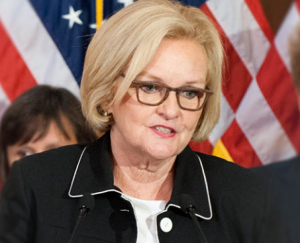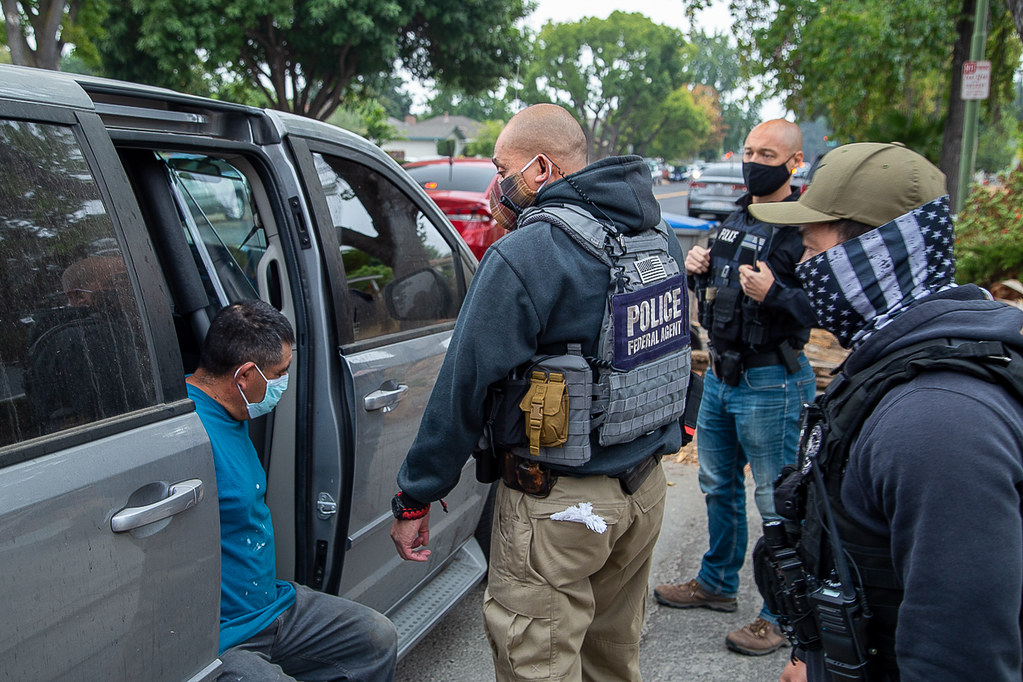
By Allan Lengel
ticklethewire.com
U.S. Sen. Claire McCaskill wants to know why the DEA slowed enforcement efforts against pharmaceutical companies accused of violating laws designed to prevent pain pills from reaching the black market, the Washington Post reports.
McCaskill said she had “serious concerns” about reports of an enforcement slowdown as the opioid epidemic escalated nationwide, reports Scott Highham and Lenny Bernstein of the Washington Post.
“This a matter of life and death and I want to know whether or not we could have done more,” McCaskill said in a statement.
A DEA spokesman tells the Post the agency will review the senator’s request.
A press release issued Monday by McCaskill’s office said:
U.S. Senator Claire McCaskill, the top Democrat on the Homeland Security and Governmental Affairs Committee, today requested that the Department of Justice conduct an internal investigation into the ability of the Drug Enforcement Agency to hold major drug distributors accountable for opioid diversion—as new data indicates that more Americans die annually from opioid abuse than gun violence.
In her letter to Department of Justice Inspector General Michael Horowitz, McCaskill raised concerns that the fines recently levied against opioid distributors for major infractions were inadequate given the scale of the opioid problem within the United States and the severity of the infractions. McCaskill also questioned whether changes to DEA standards and pressure from senior officials have undermined enforcement efforts.
“Opioid deaths are a national epidemic in our country—people are more likely to die from an opioid related death than from gun violence,” McCaskill said. “We have situations where we’ve discovered that millions of opioid doses were being delivered by distributors in illegal and suspicious circumstances, and the government’s response was either too little or too late. This is a matter of life and death and I want to know whether or not we could have done more.”
Distributors purchase prescription medications and other medical products from manufacturers and then distribute them to pharmacies, hospitals, and other entities around the country. Distributors have a legal obligation to prevent the diversion of prescription drugs, including opioids, for illegal purposes, and they can play an important role in monitoring the volume and nature of drug shipments to detect “pill mill” schemes.?





